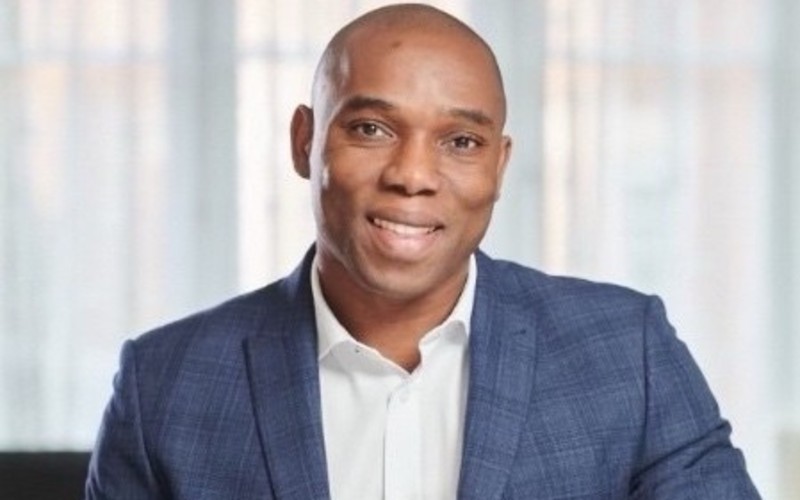The CEO of London-based charity Kick It Out has called on social media giants to do more after the organisation received a record 1,398 reports of discrimination during the 2024/25 season.
The new figures mark a consistent year-on-year rise from 1,332 in 2023/24, 1,007 in 2022/23, and 610 in 2021/22.
Racism remains the most commonly reported form of abuse, but sharp increases were also seen in sexism, transphobia and faith-based discrimination.
The surge follows the launch of the charity’s Kick Sexism Out campaign this season, aimed at raising awareness of the abuse women and girls face in football.
Kick It Out is urging football bodies to strengthen how sexist abuse is monitored, recorded, and tackled, including in official policing data.
Online abuse more broadly continues to be a major concern, with 621 reports submitted – a 5 per cent increase on last year.
Of these, 268 related to racism, underlining the ongoing challenge of racial abuse in digital spaces.
Pressure grows on Boohoo’s owners to publish full-year results
Faith-based abuse also rose sharply, including a five-fold increase in sectarian incidents and a broader rise in religiously motivated hate across social media.
The data comes shortly after England Women’s Euro 2025 hero Jess Carter was targeted by trolls on social media platforms.
Recently released police statistics show hate crime was the most prevalent type of disorder at matches last season, with 420 incidents recorded.
Of those, 287 related to race, 140 to sexual orientation, 20 to religion, 19 to disability, and three to gender identity.
This rise comes despite a season which saw Kick It Out expand its outreach and educational work.
The charity’s Fan Education programme reached record numbers, offering one-to-one rehabilitation sessions for individuals found guilty of abuse.
Thousands more fans, players, parents and staff also engaged through academy workshops, grassroots coaching and online courses via its education platform, The Academy.
“These figures show that discrimination remains deeply embedded across the game, but the rise in abuse in youth football should be a wake-up call,” said Samuel Okafor, CEO of Kick It Out. “No one should be facing hostility simply for taking part.
“What we’re seeing now is that fans aren’t just reporting abuse, they’re demanding action. There’s been a clear shift this season in how people are calling out sexist behaviour, both online and in stadiums, and asking football to treat it as seriously as any other form of hate.”
“At the same time, it’s clear that online platforms are still falling short. The volume of abuse remains high, and too often, those responsible face no consequences.
“Fans are doing their part by speaking up. It’s now up to football authorities, tech companies and government to show they’re listening, and to act.”


